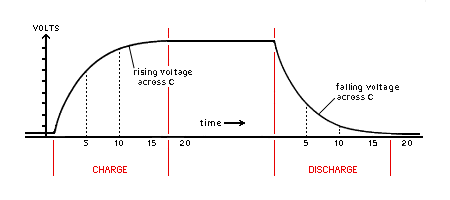Here is another random idea for people to argue over.
What if superannuation is not just for long term saving for retirement, but is also for allowing people to smooth out changes in circumstances.
People in general suck at long term planning, hence the use of superannuation to protect retirement. What about protecting against the shock of losing a job or a lower paying job?
The concept would be to devote a portion of your income towards a shorter rolling superannuation, where a constant portion of the income is always left accessible in the case of a job loss or personal emergency. The aim would be to accrue enough savings to give people on higher income the ability to psychologically adjust to loss of job or a lower salary job.
Unlocking this portion of the superannuation could be handled by the tax office, by them noticing that your income have fallen below the monthly average (while processing your tax withholding). This will automatically kick in a rolling cash injection into your bank savings. The cash injection will follow a curve, that would eventually match your new income level.
This is combined with a anti-poverty income insurance that ensures that regardless of your current rolling superannuation savings, you are still protected somewhat. Even if you never were able to save enough (due to working a minimum wage job), you will at least have some minimum wage level income for a year. Once that depletes… then you will need to go on the dole. This obviously won’t be able to protect everyone that are out of a job for over a year, however it will make the system fairer for those who have been able to work for many years but are suddenly out of a job though no fault of their own.
Alternatively a Universal Basic Income scheme could replace the anti-poverty income insurance as it is essentially a more comprehensive social safety net, when compared to an anti-poverty insurance and the dole from centerlink.
Both the anti-poverty insurance or Basic Income will run in parallel to the rolling superannuation scheme, as they both serve two different role. One is a whole of society safety net, the other is an individual safety net.
Other consideration:
- This could possibly be handled by existing superannuation firms.
- The shorter term nature of the rolling superannuation and the immediate feedback protection it provide via income protection, might hopefully make superannuation less boring and make people take more attention to their own superannuation?
- It may also provide an unintended buffer during an economic crisis, by ensuring that the public is able to keep spending on basic necessities during an economic crisis. Thus keeping critical industries afloat.
- If Universal Basic Income or Citizen’s Dividend is implemented, then you can skip the anti-poverty insurance scheme, since UBI would already cover that role in a more effective manner.
Visualization of the concept:
Here is an image of a curve, that you can imagine being the income of a person when they enter a job and loses their job.

(Image based on the charging and discharging curve of a resistor capacitor circuit). One interesting change to consider based on the capacitor analogy, is that the mandatory contribution could aim to make your income rise be also gradual (However this should apply only to certain income above minimum wage). This might have a side effect of avoiding the lottery curse effect of receiving lots of money immediately in a new job, as well as focusing on charging your income protection saving as fast as possible.
Relevant comment about how instead of anti-poverty insurance, we should just make sure we increase the dole (or have a basic income). The rolling superannuation could still have a role, but not as an anti-poverty measure, but more for mental health of adjusting to new income level and smoothing out the economy.